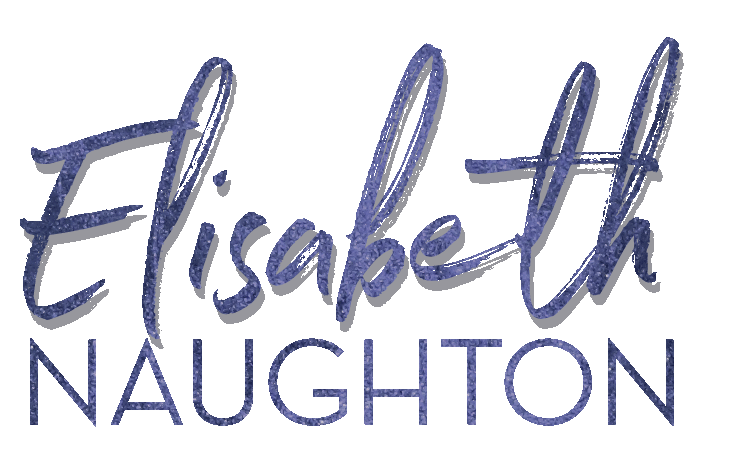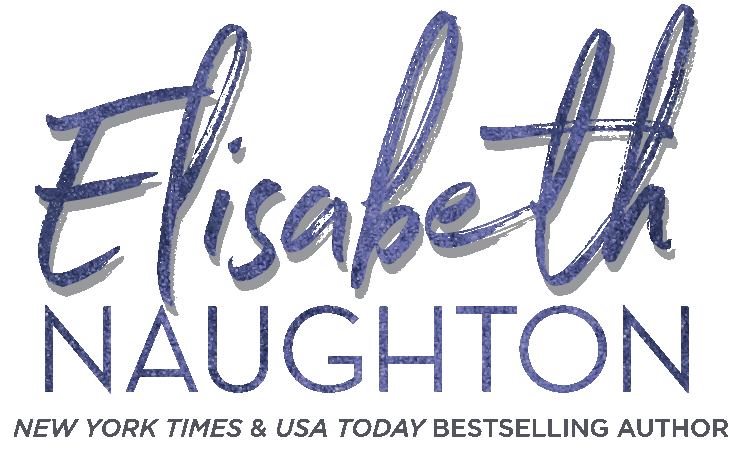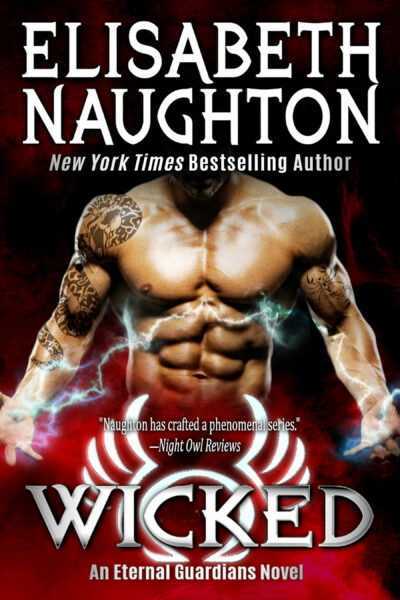 Yesterday at the Mid-Willamette Valley blog there was a discussion about motivation and goals and keeping focused on writing. I’ve been mulling this topic over in my head, thinking about all the things I’ve learned since I sold, and I’m always hesitant to give advice because half the time I don’t even know what I’m doing, let alone feel I can tell someone else what to do to get published. But a couple of writer friends have asked me to talk about the things they can do to help their journey toward publication, and I’m happy to do it. Keep in mind this is one (new) author’s opinion.
Yesterday at the Mid-Willamette Valley blog there was a discussion about motivation and goals and keeping focused on writing. I’ve been mulling this topic over in my head, thinking about all the things I’ve learned since I sold, and I’m always hesitant to give advice because half the time I don’t even know what I’m doing, let alone feel I can tell someone else what to do to get published. But a couple of writer friends have asked me to talk about the things they can do to help their journey toward publication, and I’m happy to do it. Keep in mind this is one (new) author’s opinion.
We all know writing isn’t easy. I happen to believe you either have the desire to see your way through the ups and downs of writing for publication or you don’t. Those that do eventually sell. Those that don’t give up. Talent is important, and at the root of all storytelling, but there are hundreds…no, thousands of uber-talented writers who have given up because they just didn’t have the desire to stick with it all the way. I don’t think desire is something that can be taught or learned or instilled through writing out goals. But if you have it, and you know your ultimate goal is publication (and everything that comes after that point), then there are things you can do that will make your journey that much easier.
1. Get a website. At RWA National in San Fran, my editor told me, “If there’s one thing you tell your unpublished writer friends, it’s this: get a website.” Not only does it show you’re professional and dedicated to your career as a writer, it also helps market you. My editor looks at prospective writers’ websites. She reads blogs. Those writers that already have an Internet presence before selling are that much further ahead in creating buzz about their names for their releases. And that’s one element some editors look at when trying to decide whether to make an offer on a manuscript. Because, keep in mind, most editors aren’t buying just one book. They’re buying multiple. They want to know if they’re making a good investment in a writer who’s going to be around a long time.
2. Start a blog. This coincides with getting a website. Internet presence is important. ‘Nuff said.
3. Volunteer at workshops, conferences, even within you local writers’ groups. Networking is an invaluable tool. Though at the heart of ever sale is a good book, it helps to know people along the way. I know lots of writers who got their agent because a friend recommended them. And Delilah Marvelle, whose debut book came out this month, actually SOLD to Kensington because a friend suggested she send her book to her editor. It’s not always about who you know, but networking with others in the industry – other writers, agents & editors – definitely doesn’t hurt.
4. Ask for help. This is one I am horrible at. I hate asking for help – from anyone. My mantra has always been, “If I can’t do it myself, I just won’t do it.” My inability to ask for help is my biggest weakness, but I’m slowly getting over it. You have to in this industry. So much of where you go after selling is tied to who you know and what you get done. Take for example the blurb on my book. I cringed at the thought of asking another writer (and a well-known one, to boot) to read and blurb my book. What’s in it for her? When I had this very conversation with my agent, she assured me, “Everyone does it. She expects to be asked. It’s part of her job as a bestselling author.” And still I cringed. But after it was explained to me that cover blurbs really DO make a difference to booksellers and librarians, I bit the bullet. And I’m glad I did. And every author I’ve asked to read and blurb the book has said yes without a second thought. Writers – authors – are amazingly generous when they have the time (and most will find the time later if they don’t have it now), so never be afraid to ask for help.
The same is true for other things – not just reading or critiquing. I had an idea for a viral marketing tool to coincide with my release. I looked everywhere for someone I could hire to design it for my website. I came up blank (or would have come up quite broke). In a last ditch effort, I asked a member of my RWA chapter if she knew of any cheap IT people who could help me. She volunteered on the spot, for free! I’ve seen the mock-up of the interactive program she’s designing for my blog/website, and I am so totally thrilled with it, I can’t explain how awesome it’s going to be. But the point here is, had I not asked for her help, I wouldn’t have this cool promo tool waiting in the wings to be unveiled.
5. Always be positive. This is probably the most important element in my mind. With yourself, with your writing, always think positively. There’s enough downer stuff in this industry. Have confidence in your writing and your book and know if you stick with it, you’ll get there. ALL writers think their work stinks. Trust me, I know. I feel that way, I’ve talked to countless other writers who feel that way. When you get a rejection or a bad crit or are struggling with your scene…stay positive.
That also goes for how you project yourself to others. This is not a big industry. People talk. If you gossip, back stab, dis another writer’s book, it’ll get around. You don’t want to be known as that writer. Always be polite. Always be professional. People will remember that. And eventually that will help you when it comes to networking and asking for help.
Okay, questions? Fire away. I’m willing to answer any questions you may have about getting published (that I can). And if you already are published…tell me, what did I miss?








